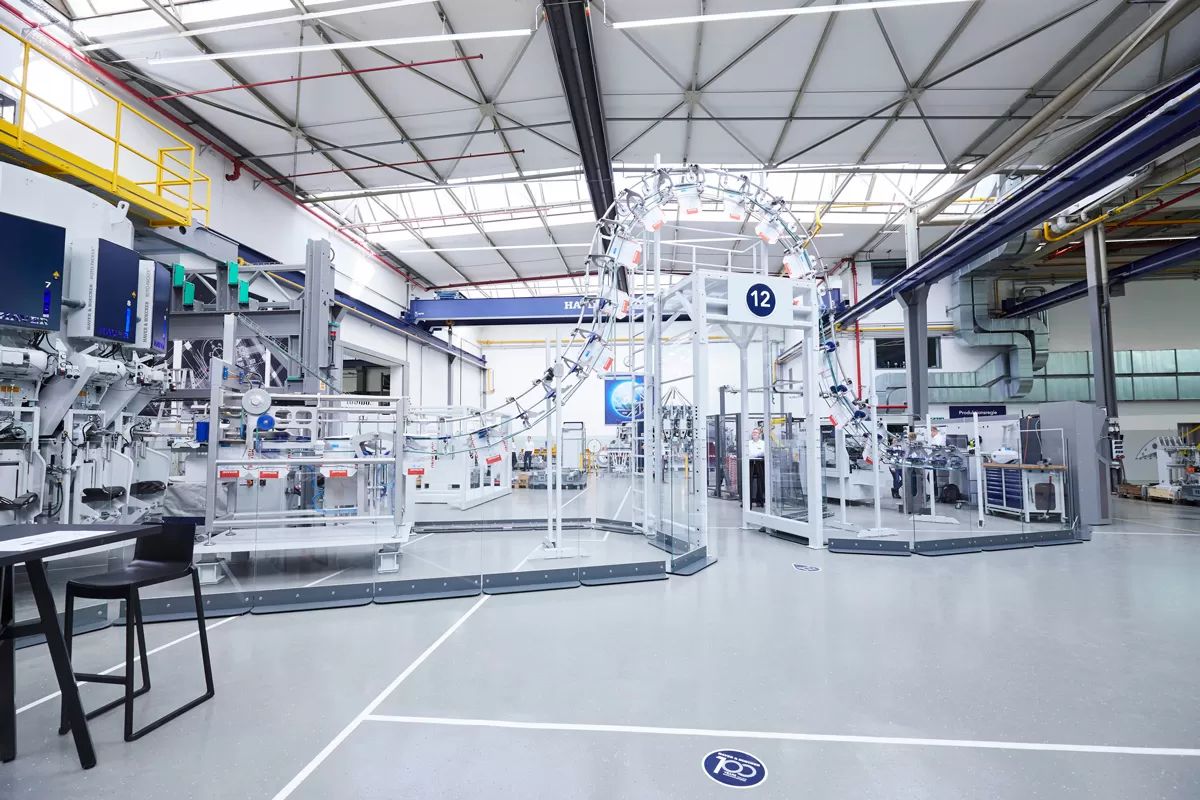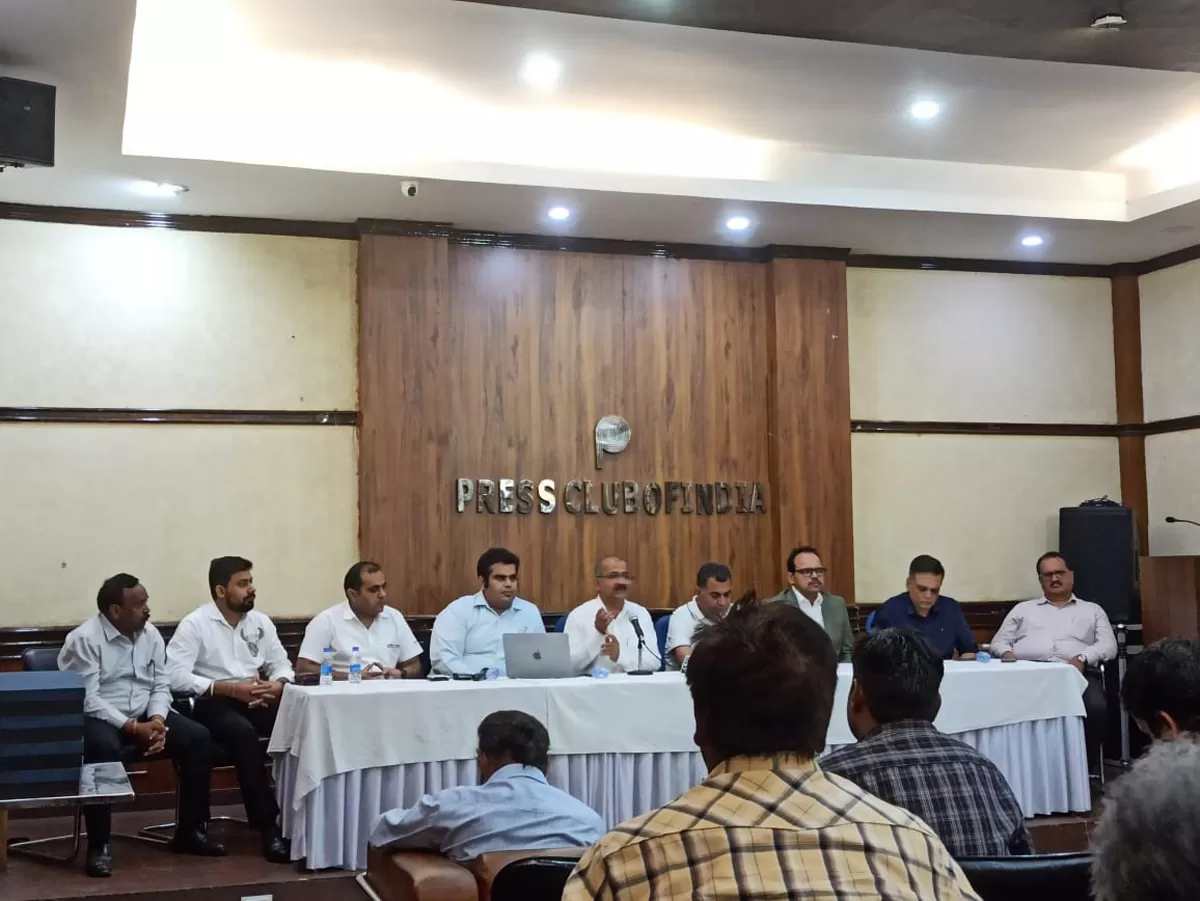

HAVER & BOECKER Marks a Century of Fascinating Engineering
HAVER & BOECKER is celebrating 100 years of the Machinery Division. It kicked off the year-long festivities in May by hosting customers and industry partners from around the globe for an anniversary event at its headquarters in Oelde, Germany. The occasion also commemorated milestones for two subsidiaries: 50 years of IBAU HAMBURG and 25 years of AML Anlagentechnik, highlighting HAVER & BOECKER’S enduring legacy and technological leadership.The anniversary celebrations will all feature a short reflection on the past before jumping into a showcase of continuous innovation and a clear ..

MYCRANE Launches Auction Tool to Make Crane Rental Faster
MYCRANE, the first global platform for online crane rental, has launched a powerful new MYCRANE Auction feature, designed to improve transparency, accelerate rentals and deliver greater value for both customers and suppliers. MYCRANE Auction supports multiple auction types—including reverse auctions, forward auctions, and sprint formats—giving customers full flexibility in how they engage with suppliers. At launch, the reverse auction format is expected to be the most commonly used, particularly for high-value, urgent, or competitive rental jobs. Accessible via the main rental pl..

EVMS Raises Concern Over Illegal E-Rickshaw Operations
The Electric Vehicle Manufacturers' Society (EVMS), representing more than 200 organised and MSME EV manufacturers across India, held a press conference at the Press Club of India, highlighting two major challenges facing the country’s electric mobility sector. These include the widespread operation of illegal e-rickshaws and the sharp increase in low-quality imports. Shri Rajiv Tulli, General Secretary of EVMS and an industry veteran with over 25 years of experience, led the session. He made a strong case for urgent policy action, regulatory clarity, and coordinated steps from all stakehold..


















